All gardeners face the problem of watering their plants. Depending on the region you live and what is in your garden, you could be searching for water every day, or, you could just let nature do its thing with minimum effort.
Generally in Australia, it’s a bit of both, and it pays to have a bit of planning for your irrigation needs for those stinking hot summer days. So read on as we look at some of the most popular ways to water your plants, in order to choose the most appropriate for your garden.
Best Water for Plants in Australia
Tap Water
When the fresh water from your tap is not so rare that there are water restrictions in place, tap water is the best solution for watering plants. It’s clean and contains minimal components which can harm your plants.
It can also be accessed easily from lawn sprinkler systems, garden hoses, or with the help of retractable hose reels in your yard. On the other hand, tap water can contain chlorine, used for cleaning the water, which may affect your soil chemical balance.
Tap water is also too precious a resource in some areas and at some times of the year, and really can’t be justified for use on your garden.
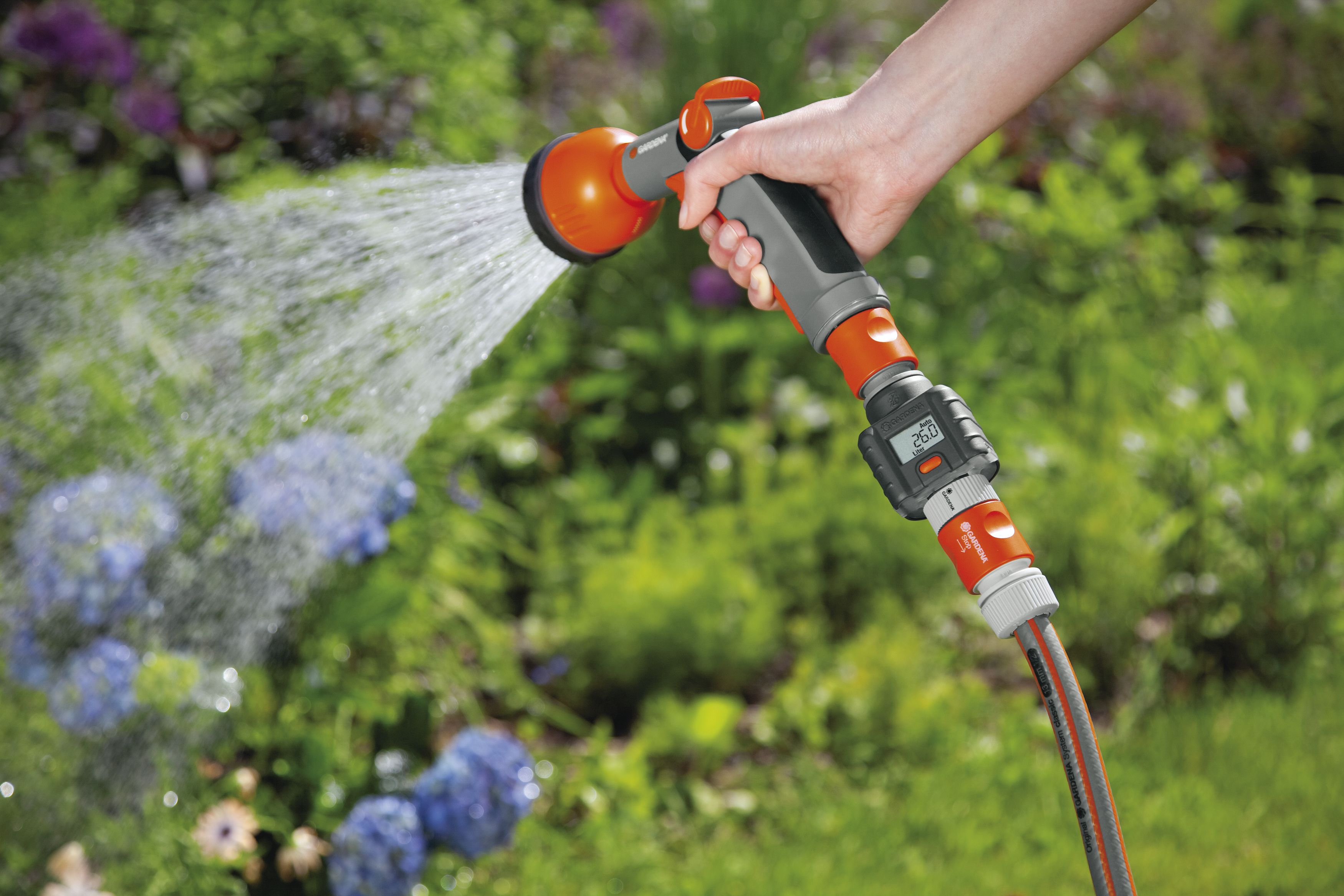
Rain Water
Having enough rain water for your gardening needs is the best solution you could choose. It is free and generally clean enough for using in the garden. The biggest disadvantage of rain water use in the garden is its need to be gathered.
For collecting rain water, some special equipment like tanks are used. This kind of water for watering your garden also depends on the weather. The East coast is OK for collecting rain water, with regular enough wet periods to keep them topped up; while more dry regions may still feel the lack of water and need to revert to other means.
Where you live can also determine to quality of your rain water. If you live in a big city with lots of pollution, or near a mine site with lots of dust in the air, rain will often collect this as it falls to the ground, meaning that the water you collect may not be as clean as you think it should be!
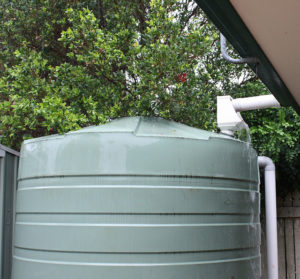
Bore Water
Bore water really depends on where you live and whether you have access to underground water sources. Sometimes there is enough bore water in your location, but you can’t use it because it’s too dirty for your plants.
A lot of the time bore water is quite different in its chemical composition, and can contain pathogens from under the ground that may affect the chemical conditions of your soil and damage your plants by introducing infections. Always test the quality of the bore water you’re using, and then act accordingly.
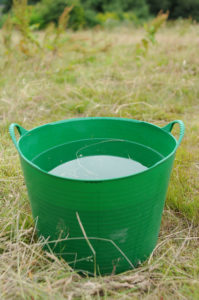
Grey Water
This type of water is another solution for those who would like to save tap water for drinking. This uses the water leaving the shower, the kitchen sink or the washing machines rinse cycle, and diverts it to your garden. It can contain a lot of soap and some organic elements, but generally is free from any hard chemicals which damage plants.
Most experts will advise using special aqua filters to get the water as clean as possible for your garden and this will help prevent the soaps and chemicals we use to wash with from changing soil chemical composition and pH too much.
You also don’t need an expensive set up to use grey water. It can be as simple as putting the hose from your washing machine into a container, or putting a bucket in your shower to catch any splashes as you wash, or even just the cold water as it gets hot.
Published on October 27, 2016 by Clinton Anderson
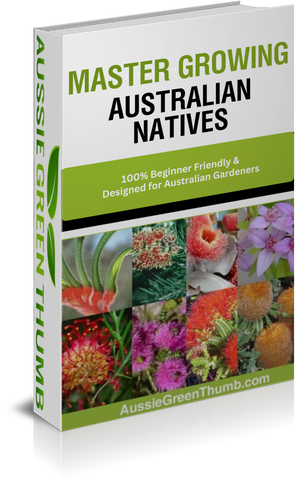

Get Your Free Guide:
Master Growing Australian Natives eBook
A Must Have Complete Guide for Every Australian Garden
Get Your Free Guide:
Master Growing Australian Natives eBook
A Must Have Complete Guide for Every Australian Garden
Last Updated on January 13, 2025


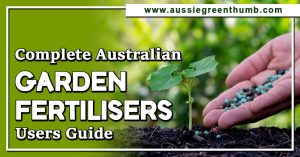
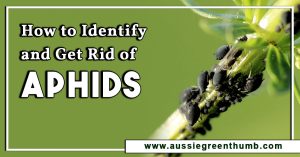

Hi I have a bore on my small property in beaudesert QLD. Q- can I use it for plant and grass irrigation, washing down etc or would it be too salty?. If so where and how could I get it tested and what form of filtering could I use?. Thanks.
Hi,
Thank you for your comment! Generally, plants will be damaged if there is more than 70mg of salt per litre of water, but tolerance differs from species to species.
You can test your borehole water pretty easily using a salinity refractometer, a water quality meter, or pool testing strips. If your water is too salty, you can use a reverse osmosis filtration system to filter out the mineral content.
These can range from simple units for purifying and removing salt from ground water for garden use to full desalination systems to produce drinking quality water for your home and garden. We hope that helps!
Kind regards,
The Sumo Team
I want to make sure that I take good care of my garden, but I'm not sure what kind of water to use for that. It makes sense that I would want get a water well for it! It's interesting that bore water can be so helpful for it.
I didn't know that you could use bore water for gardening. My wife and I have started gardening over the pandemic and have been learning a lot. Thank you for the tip to get your bore water checked before using it for your garden!
Hi,
It’s our pleasure! And welcome to our gardening community, we’re happy to have you! Our website has quite a lot of information for new gardeners, but if there are any specific questions you have about tools, plants, or garden care, please feel free to get in touch anytime.
Kind regards,
The Aussie Green Thumb Team